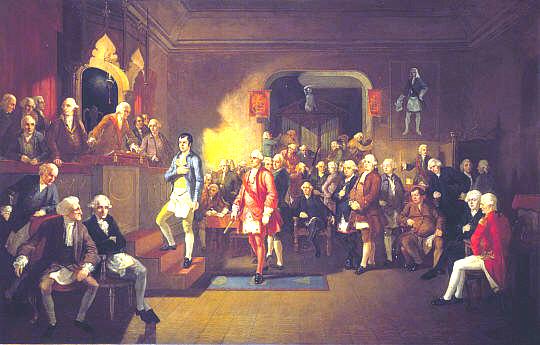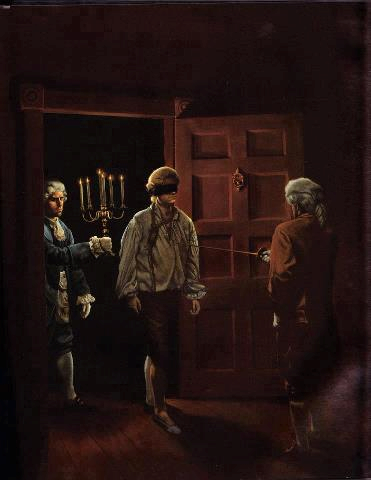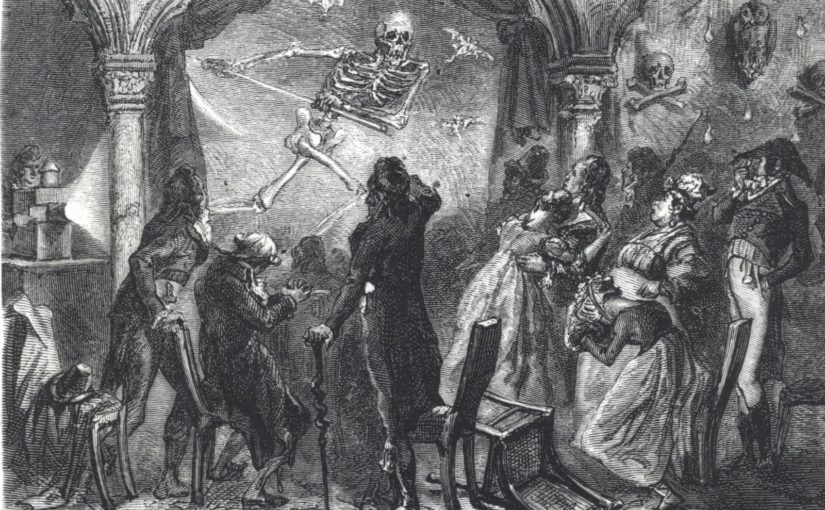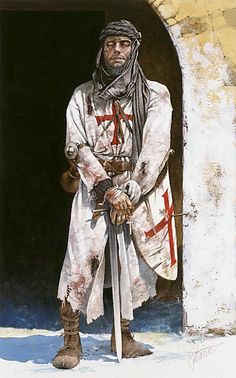Our present times being so remarked by international tensions , Brexit, the strive towards a United States of Europe and by citizens from most world Nations affording to travel freely and extensively – even from an early age in their life – the issue of a Foreigner joining our Order is very current.
The following address to a foreign Initiate can be found in the 1798 edition of the Book of Constitution and a similar passage was even present in the discourse made in Paris by the Chevalier de Ramsay in 1723. It so rings true now as it did then.
Being a foreigner myself – though I spent the greatest part of my life in England more than I lived in that noble Country of my birth – I comprehend and strongly share the meaning of such an address. I profoundly feel its teaching and just love to read it!
Here it is for your enjoyment and…meditation.
"You Brother, the native and subject of another Nation, by entering into our Order, have connected yourself by sacred and affectionate ties, with (hundreds of) thousands of Masons in this and other Countries. Ever recollect that the Order you have entered into, bids you always to look upon the world as ONE GREAT REPUBLIC of which every Nation is a family and every particular person a child. When therefore you return and settle in your own Country, take care that the progress of friendship be not confined to the narrow circle of national connections or particular Religions; but let it be universal and extend it to every branch of the human race. At the same time, remember that besides the common ties of humanity, you have at this time entered into obligations which engage you to friendly and kind actions towards your Brother Mason, of whatever (social) station, Country or Religion (he might belong)"
L.M. (The Editor)




 origin of the Masonic Order and of its secret doctrine were aristocratic. He stated that it were the Knights Templar– religious soldiers drawn from the noblest families in Europe – who had rediscovered the secret elements of the Masonic teaching during their stay in the Holy Land (the Orient) and had brought them back to France and Scotland.
origin of the Masonic Order and of its secret doctrine were aristocratic. He stated that it were the Knights Templar– religious soldiers drawn from the noblest families in Europe – who had rediscovered the secret elements of the Masonic teaching during their stay in the Holy Land (the Orient) and had brought them back to France and Scotland.